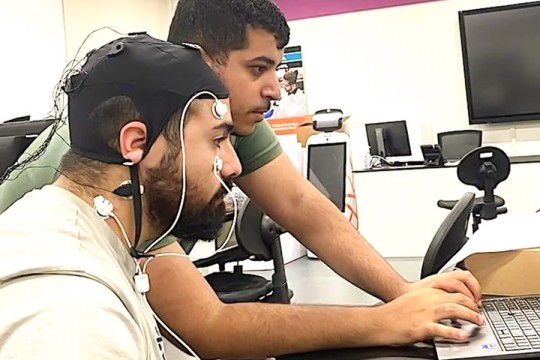
Boutheina Tlili
Associate Professor of Electrical Engineering
Boutheina Tlili
Associate Professor of Electrical Engineering
Bio
Dr. Tlili joined the Department of Electrical Engineering as an associate professor at Rochester Institute of Technology Dubai in 2010. Prior to the above Dr.Tlili served for two years as the program director of the Computer Engineering program at MSU-Dubai. Previous to joining the ECE faculty, Dr. Tlili was an associate professor and program coordinator of Electrical and Computer Engineering program at the American University in Dubai from 2004-2008. She participated in obtaining ABET accreditation for Engineering programs at AUD.
Dr. Tlili is an IEEE senior member. She served as the IEEE Women in Engineering chair for the UAE section and on the Executive committee of IEEE region 8 UAE section, from 2005-2013. Under her leadership the IEEE WIE UAE section obtained '2010 Women in Engineering affinity group of the year' award. Dr. Tlili's research interests include Antenna analysis and design, Electromagnetic Theory, Field propagation in complex media and Microwave electronics.
Select Scholarship
Currently Teaching
In the News
-
November 13, 2024

RIT Dubai team develops communication technology for verbally impaired patients
Solution uses brain signals and eye movements to articulate thoughts through an avatar.
Featured Work
Brain to Text
Multidisciplinary Senior Design Project ’24
Bridging Minds and Machines: Using EEG, EOG, and AI to decode thoughts into words








